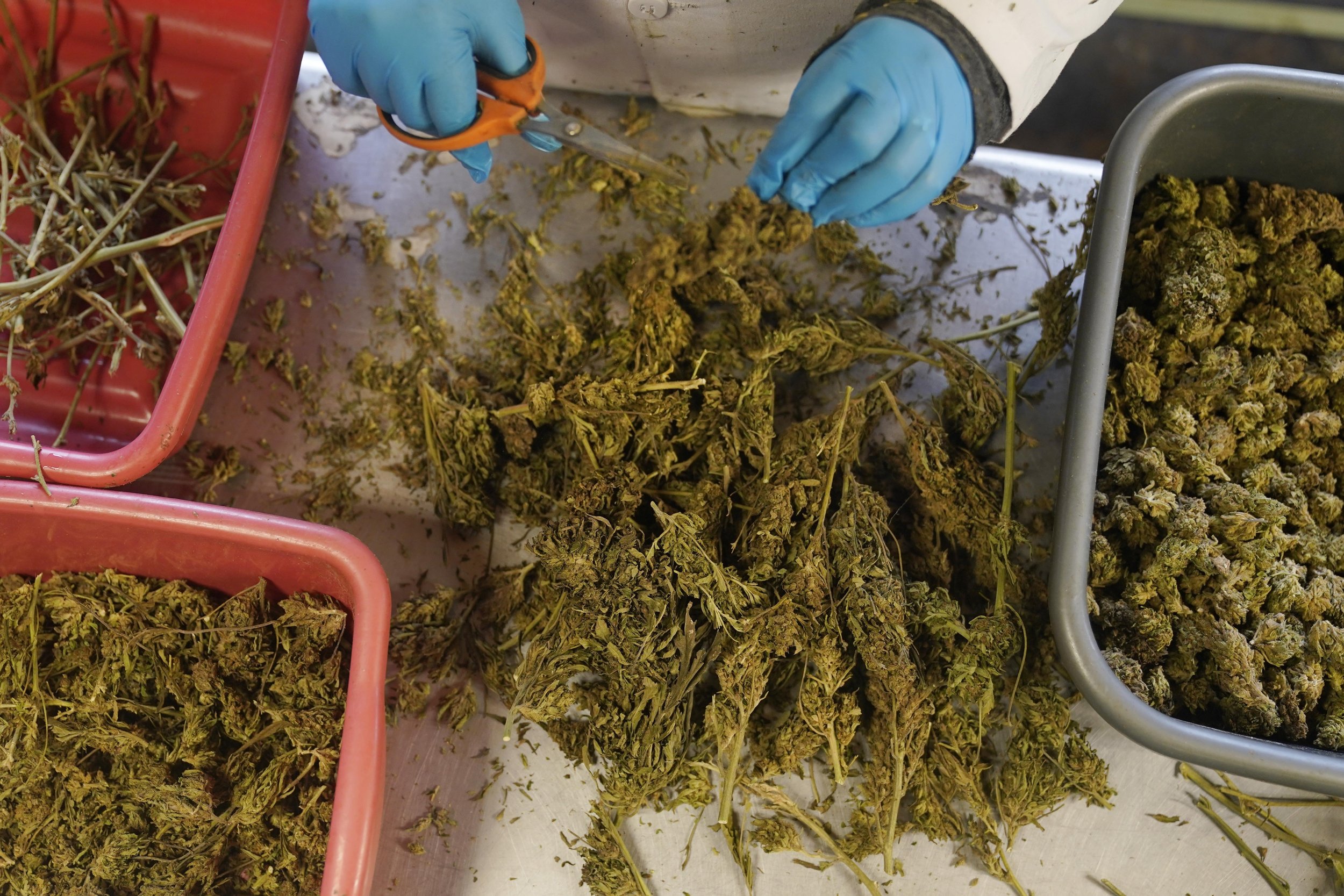Smoke begins to clear on marijuana licensing
/New York State will open up retail marijuana licensing to people formerly convicted of pot-related offenses before opening it up to the general public. AP file photo by Seth Wenig
By Jacob Kaye
A year ago, former Governor Andrew Cuomo signed a law legalizing recreational marijuana in New York State. In the months that followed, Cuomo was slow to form the board that would ultimately design the rules and regulations of the cultivation, selling and consumption of the drug.
However, that picture became much clearer last week when Governor Kathy Hochul and the Cannabis Control Board issued the most concrete guidance on New York’s marijuana industry to date.
Applications for cultivation licensing will open at the end of the month and licenses for operating a marijuana retail shop will begin to be distributed by the summer, making sales to customers possible before the end of the year, according to Hochul.
The new guidelines aim to center people victimized by the war on drugs and convicted of marijuana-related offenses – equity measures were baked into the law.
To start, the early retail licenses will go to people who were convicted themselves or who have a parent, guardian, child, spouse or dependent who was convicted of a marijuana-related offense, setting them up to open up some of the first pot shops in the state.
"New York State is making history, launching a first-of-its-kind approach to the cannabis industry that takes a major step forward in righting the wrongs of the past," Hochul said in a statement. "The regulations advanced by the Cannabis Control Board today will prioritize local farmers and entrepreneurs, creating jobs and opportunity for communities that have been left out and left behind. I'm proud New York will be a national model for the safe, equitable and inclusive industry we are now building."
There are other qualifiers, however. Applicants must have experience owning and operating a business in New York and will need to have a number of additional application materials that have yet to be defined.
The guidelines came after a recent meeting of the Cannabis Control Board, which passed a number of measures related to its Seedling Opportunity Initiative.
The board, which provides oversight to the Office of Cannabis Management, approved a license application for hemp farmers aiming to transition over to growing adult-use cannabis. Applications will open on March 15.
“With the Seeding Opportunity Initiative, we are now on the path to doing what no state has done before: Put our farmers and equity entrepreneurs, not big, out of state businesses, at the forefront of the launch of our adult-use cannabis market,” said Chris Alexander, the executive director of the OCM and a Queens native. “We’ve made a huge advancement in our efforts to prioritize New York’s small farmers, our equity entrepreneurs, and ultimately our goal to generate the resources that will support future equity applicants and drive investments into our communities most impacted by cannabis prohibition.”
The move was celebrated by a number of advocates who had been urging state officials to make a commitment to providing equity in the budding industry.
“The Marijuana Regulation & Taxation Act (MRTA) is explicit: New Yorkers and their family members who shouldered the brunt of marijuana prohibition should have priority access to licenses and resources to sell cannabis-related products, and we are thankful that Governor Hochul indicated that she would effectuate this provision with today’s announcement,” said Taylor James, a staff attorney with the Community Development Project at The Legal Aid Society.
“In the coming days, weeks, and months, Legal Aid will continue to advocate for our communities and work with our entrepreneurial clients to ensure that they are first to reap the rewards of this transformative legislation,” James added.
In addition to the guidelines, some funds will be sent toward ensuring equity, Hochul said. Her proposed state budget includes $200 million dedicated to making funding available to entrepreneurs affected by past convictions.
More regulations on operating a dispensary on the way; the public comment period on the regulations is now open.
It’s expected that anywhere from 100 to 200 New Yorkers formerly convicted of marijuana offenses will be on the receiving end of a license, the New York Times reported.
While it’s unclear how many New Yorkers currently have a conviction or are related to someone who does, hundreds of thousands of New Yorkers had their convictions sealed in the lead up to the passage of the recreational marijuana law and in the year since its passage.




